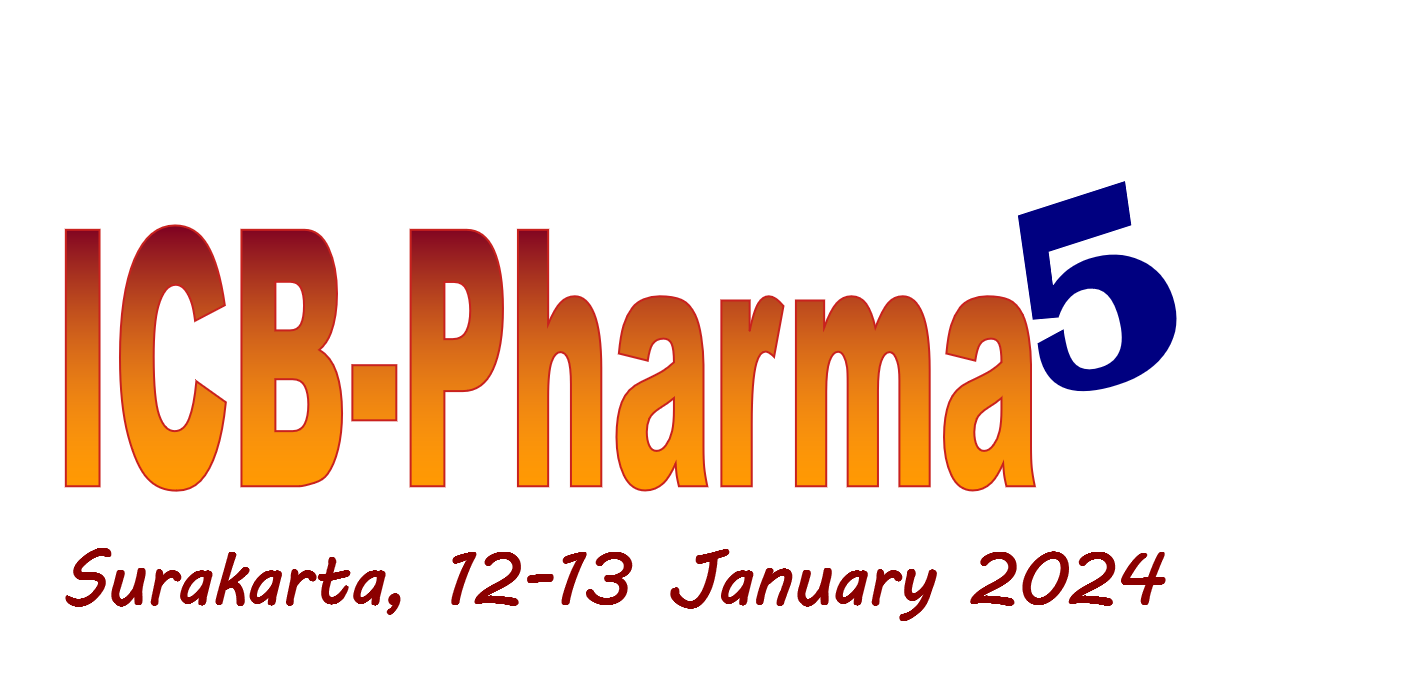Proceedings Licence
Ethical guidelines for journal publication
The publisher is committed to ensuring ethics in publication and the quality of articles.
Conformance to standards of ethical behavior is therefore expected of all parties involved: authors, editors, reviewers, and the publisher.
In particular,
Authors: Authors should present an objective discussion of the significance of research work as well as sufficient detail and references to permit others to replicate the experiments. Fraudulent or knowingly inaccurate statements constitute unethical behavior and are unacceptable. Review articles should also be objective, comprehensive, and accurate accounts of the state of the art. The authors should ensure that their work is entirely original, and if the work and/or words of others have been used, this has been appropriately acknowledged. Plagiarism in all its forms constitutes unethical publishing behavior and is unacceptable. Submitting the same manuscript to more than one journal concurrently constitutes unethical publishing behavior and is unacceptable. Authors should not submit articles describing essentially the same research to more than one journal. The corresponding author should ensure that there is a full consensus of all co-authors in approving the final version of the paper and its submission for publication. Authors can choose one of the journals that cooperate with ICB-Pharma 5.
Editors: Editors should evaluate manuscripts exclusively on the basis of their academic merit. An editor must not use unpublished information in the editor's own research without the express written consent of the author. Editors should take reasonable responsive measures when ethical complaints have been presented concerning a submitted manuscript or published paper.
Reviewers: Any manuscripts received for review must be treated as confidential documents. Privileged information or ideas obtained through peer review must be kept confidential and not used for personal advantage. Reviews should be conducted objectively, and observations should be formulated clearly with supporting arguments so that authors can use them to improve the paper. Any selected referee who feels unqualified to review the research reported in a manuscript or knows that its prompt review will be impossible should notify the editor and excuse himself from the review process. Reviewers should not consider manuscripts in which they have conflicts of interest resulting from competitive, collaborative, or other relationships or connections with any of the authors, companies, or institutions connected to the papers.
Article withdraws policy
It is a general principle of scholarly communication that the reviewer and editor or guest editor of a learned journal or series is solely and independently responsible for deciding which articles are accepted or rejected. In making this decision, the editor or guest editor is guided by the policies of the journal's editorial board and constrained by the legal requirements in force regarding libel, copyright infringement, and plagiarism. An outcome of this principle is the importance of the scholarly archive as a permanent, historic record of the transactions of scholarship. Articles that have been published shall remain extant, exact, and unaltered as far as is possible. However, very occasionally, circumstances may arise where an article is published that must later be retracted or even removed. Such actions must not be undertaken lightly and can only occur under exceptional circumstances, such as:
Article Withdrawal:
Only used for articles in press, which represent early versions of articles and sometimes contain errors or may have been accidentally submitted twice. Occasionally, but less frequently, the articles may represent infringements of professional ethical codes, such as multiple submissions, bogus claims of authorship, plagiarism, fraudulent use of data, or the like.
Article Retraction:
Infringements of professional ethical codes, such as multiple submissions, bogus claims of authorship, plagiarism, fraudulent use of data, or the like Occasionally, a retraction will be used to correct errors in submission or publication.
Article Removal:
Legal limitations upon the publisher, copyright holder, or author(s).
Article Replacement:
Identification of false or inaccurate data that, if acted upon, would pose a serious health risk.

